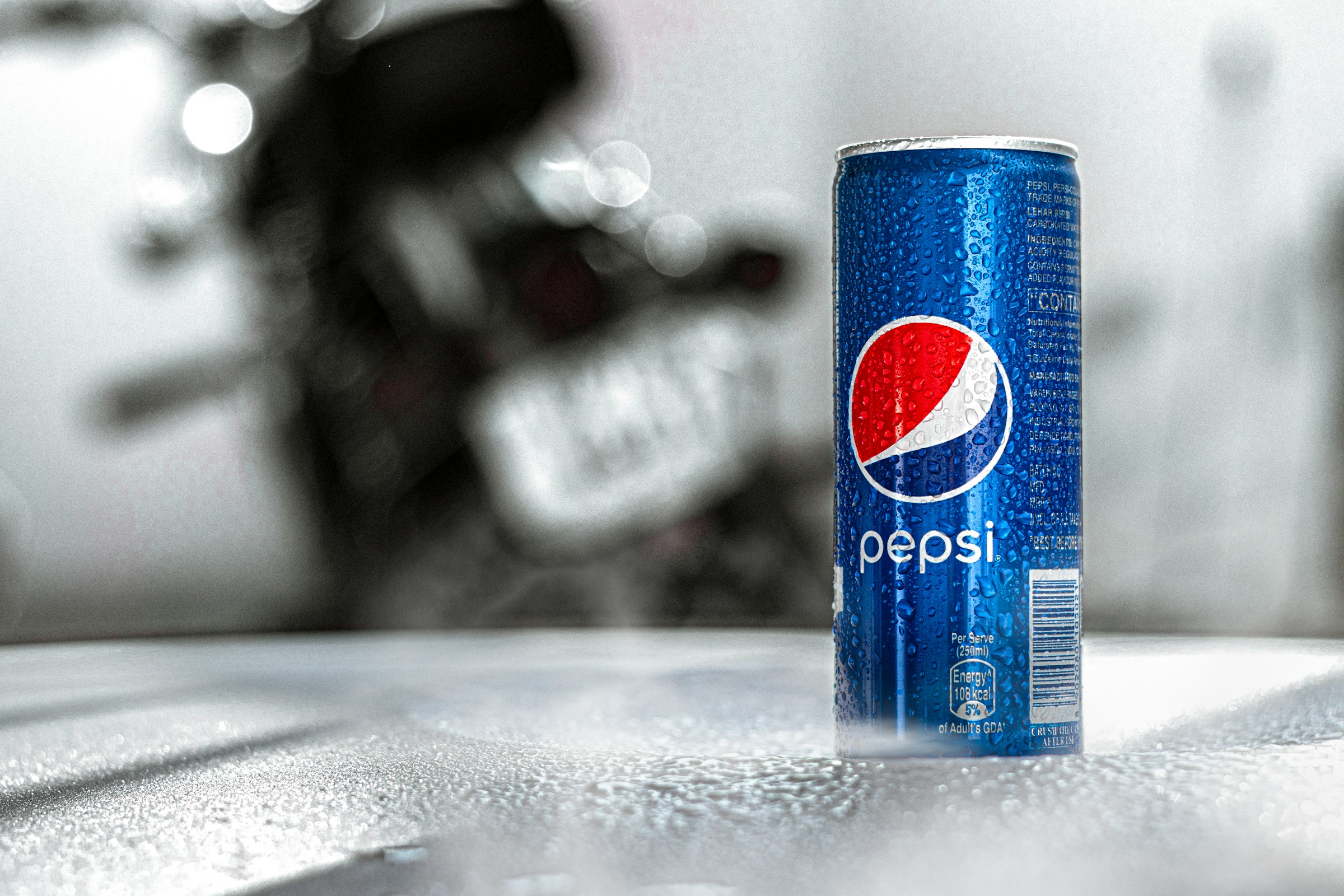After a heated three-month standoff, Carrefour and PepsiCo finally reached an agreement, ending a dispute highlighting the evolving dynamics of retailer-supplier relationships, especially in the context of retail media. On Thursday, PepsiCo announced the reconciliation, marking the return of popular products like Pepsi, Doritos, and Quaker oats to Carrefour shelves in France.
However, discussions are ongoing to extend this resolution to other European regions where Carrefour operates, including Belgium, Italy, Poland, and Spain.
The dispute, which began on January 4th, underscored the increasing friction at a time when the intertwining of retail and advertising sales brings these industries closer, making their interactions more complex and interdependent.
More Than a Pricing Dispute
Reuters noted that while the specific terms of the agreement remain undisclosed, the relief from both parties was evident. PepsiCo France expressed its delight on social media, and the CEO of Carrefour France shared a celebratory post, welcoming back the beloved Pepsi products.
This standoff was not just about pricing but also reflected in the burgeoning retail media sector, where retailers sell advertising space to brands like PepsiCo. Considering the importance of advertising spending in such discussions, this standoff may have revealed a shift in negotiation tactics.
The Implications of Retail Media
According to Business Times, the burgeoning retail media business is vital in these negotiations. Retail media provides significantly higher margins than traditional retail sales, making advertising budgets a powerful negotiating tool for consumer goods companies. Retail media networks, offering margins between 40% and 80%, contrast sharply with the average retail margins of about 5%, showcasing the lucrative nature of this new business model.
Recent disputes between European retailers and consumer goods companies, including notable incidents with Edeka and Kellogg and Belgian supermarket Colruyt's negotiations, underscore the prevalence of this issue across the continent. These conflicts highlight the growing significance of advertising expenditures in supplier negotiations, a trend fueled by the ability to target specific consumers directly through retailers' digital platforms.
A Look Ahead
With retail media expected to generate approximately $100 billion in advertising spending by 2026, the resolution between Carrefour and PepsiCo might signify a turning point in how retailers and suppliers negotiate. This incident sheds light on the increasingly strategic role of retail media in these relationships, potentially setting a precedent for future negotiations in the retail sector.
Photo: NIKHIL/Unsplash



 Once Upon a Farm Raises Nearly $198 Million in IPO, Valued at Over $724 Million
Once Upon a Farm Raises Nearly $198 Million in IPO, Valued at Over $724 Million  TrumpRx Website Launches to Offer Discounted Prescription Drugs for Cash-Paying Americans
TrumpRx Website Launches to Offer Discounted Prescription Drugs for Cash-Paying Americans  Anthropic Eyes $350 Billion Valuation as AI Funding and Share Sale Accelerate
Anthropic Eyes $350 Billion Valuation as AI Funding and Share Sale Accelerate  SpaceX Pushes for Early Stock Index Inclusion Ahead of Potential Record-Breaking IPO
SpaceX Pushes for Early Stock Index Inclusion Ahead of Potential Record-Breaking IPO  Alphabet’s Massive AI Spending Surge Signals Confidence in Google’s Growth Engine
Alphabet’s Massive AI Spending Surge Signals Confidence in Google’s Growth Engine  Nvidia Nears $20 Billion OpenAI Investment as AI Funding Race Intensifies
Nvidia Nears $20 Billion OpenAI Investment as AI Funding Race Intensifies  OpenAI Expands Enterprise AI Strategy With Major Hiring Push Ahead of New Business Offering
OpenAI Expands Enterprise AI Strategy With Major Hiring Push Ahead of New Business Offering  Missouri Judge Dismisses Lawsuit Challenging Starbucks’ Diversity and Inclusion Policies
Missouri Judge Dismisses Lawsuit Challenging Starbucks’ Diversity and Inclusion Policies  Nintendo Shares Slide After Earnings Miss Raises Switch 2 Margin Concerns
Nintendo Shares Slide After Earnings Miss Raises Switch 2 Margin Concerns  Baidu Approves $5 Billion Share Buyback and Plans First-Ever Dividend in 2026
Baidu Approves $5 Billion Share Buyback and Plans First-Ever Dividend in 2026  CK Hutchison Unit Launches Arbitration Against Panama Over Port Concessions Ruling
CK Hutchison Unit Launches Arbitration Against Panama Over Port Concessions Ruling  TSMC Eyes 3nm Chip Production in Japan with $17 Billion Kumamoto Investment
TSMC Eyes 3nm Chip Production in Japan with $17 Billion Kumamoto Investment  Global PC Makers Eye Chinese Memory Chip Suppliers Amid Ongoing Supply Crunch
Global PC Makers Eye Chinese Memory Chip Suppliers Amid Ongoing Supply Crunch  Nvidia, ByteDance, and the U.S.-China AI Chip Standoff Over H200 Exports
Nvidia, ByteDance, and the U.S.-China AI Chip Standoff Over H200 Exports  Nvidia CEO Jensen Huang Says AI Investment Boom Is Just Beginning as NVDA Shares Surge
Nvidia CEO Jensen Huang Says AI Investment Boom Is Just Beginning as NVDA Shares Surge  SpaceX Prioritizes Moon Mission Before Mars as Starship Development Accelerates
SpaceX Prioritizes Moon Mission Before Mars as Starship Development Accelerates  FDA Targets Hims & Hers Over $49 Weight-Loss Pill, Raising Legal and Safety Concerns
FDA Targets Hims & Hers Over $49 Weight-Loss Pill, Raising Legal and Safety Concerns 































